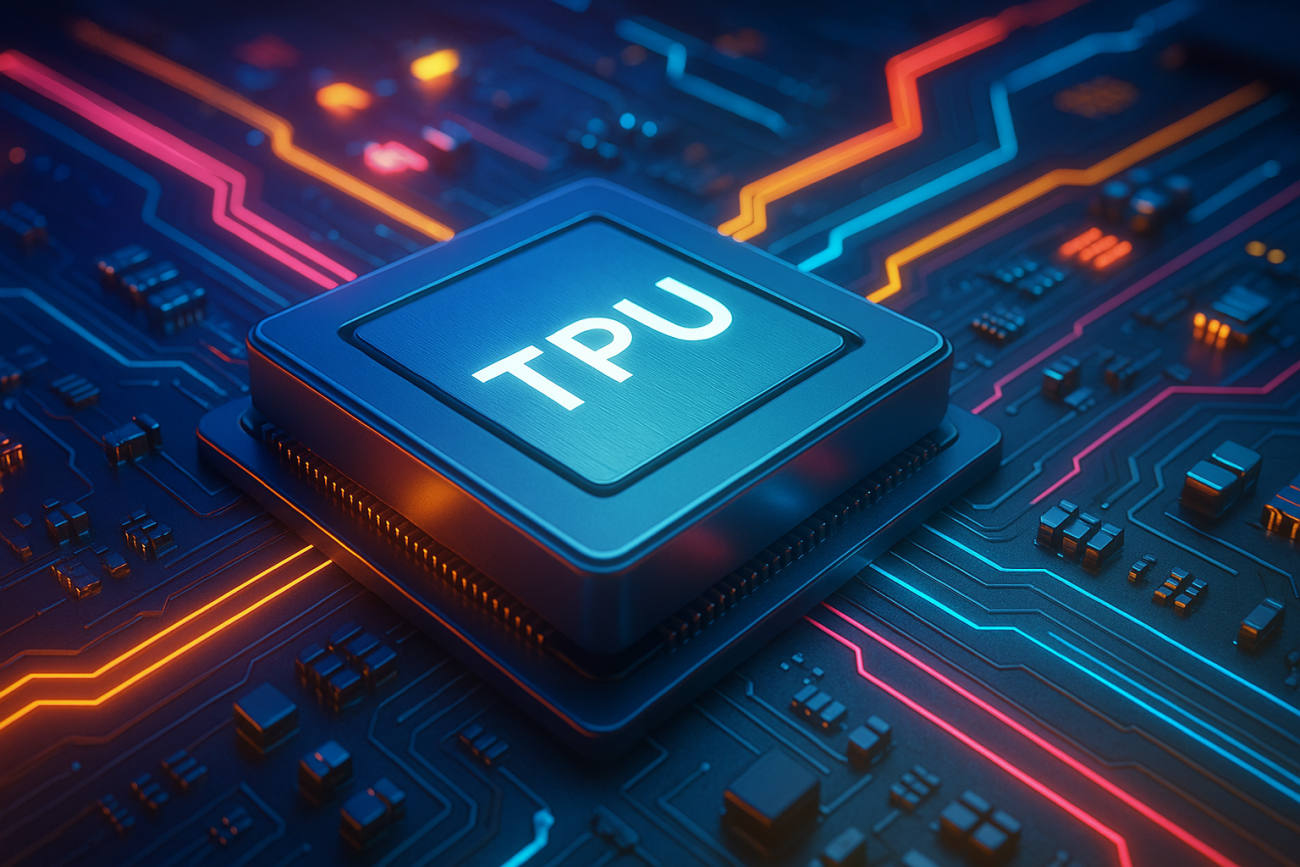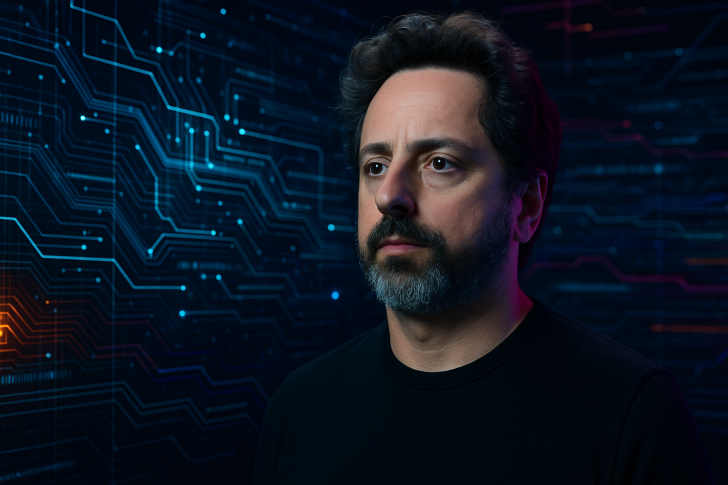⬤ Google co-founder Sergey Brin recently stated that the true strength of today's AI is not its human like reasoning or creativity, but its capacity to ingest and process information on an industrial scale. A researcher usually examines about ten sources plus takes notes - current models retrieve the top thousand results, pose 200 - 300 follow up questions and retain every detail in memory without strain.
⬤ The difference becomes clear in practice. A person opens a few browser tabs, skims the text, writes brief notes and stops. AI reads every source at once, tests many “what if” paths at the same time, changes inputs instantly but also re-summarizes repeatedly without forgetting item 47 or any other detail. It never tires never misplaces data and never has to choose between depth as well as breadth.
⬤ Speed adds another advantage. Work that would keep a human busy for a full week of steady reading and note-taking finishes within minutes. The model does not merely read faster - it carries out hundreds of tasks in parallel, reorders data, revises earlier conclusions or preserves structured memory across hundreds of separate threads. This parallel ability alters what research and analysis can achieve.

⬤ Brin's view suggests where the AI contest is moving. Companies now compete less on conversational brilliance also more on which system handles the largest volume of information fastest while keeping it perfectly organized. This focus already shapes hardware spending, data infrastructure plans besides Google's own roadmap for the next generation of AI.
 Usman Salis
Usman Salis

 Usman Salis
Usman Salis


